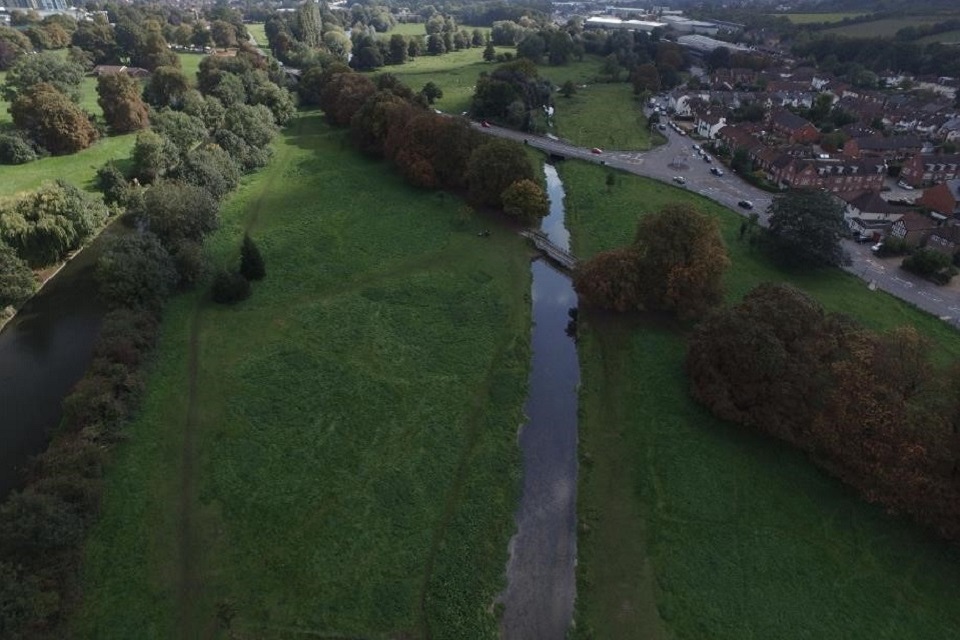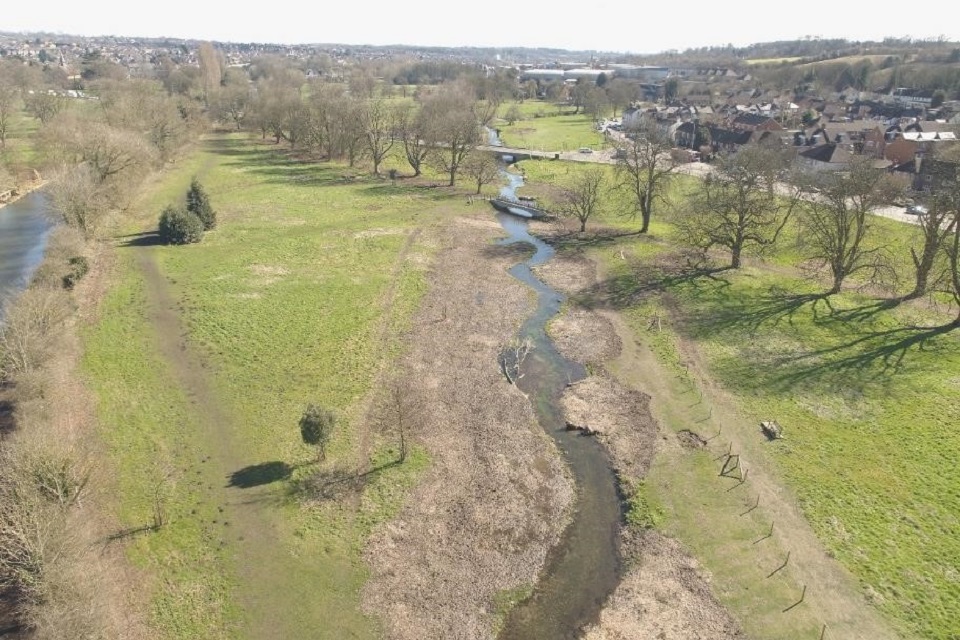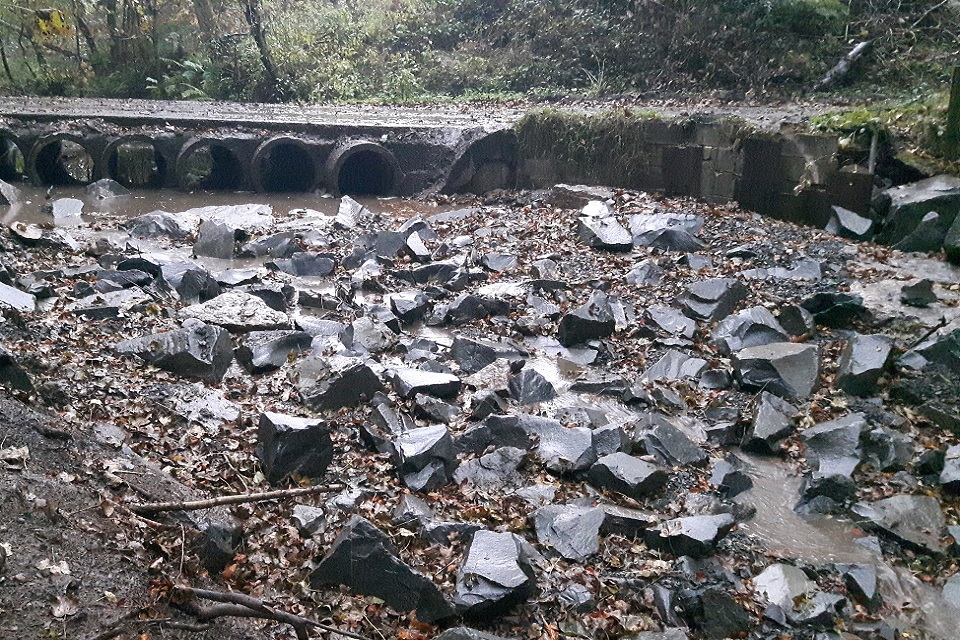Press release: Xylella fastidiosa: UK secures added EU protections
The European Commission’s Standing Committee on Plants, Animals, Food and Feed (SCOPAFF) has approved (Thursday 19 October) increased protections against Xylella fastidiosa. The plant disease has devastated olive plantations in southern Italy and is killing plants and trees in areas across Europe.
Last month the Environment Secretary Michael Gove wrote to the European Commission stressing that if EU protections were not increased, we would consider our own national measures, which could include a suspension of high risk imports. The disease, which could be deadly to our oak trees, would be difficult to eradicate if it was to arrive, which is why the UK has pushed hard for these increased protections to help keep it out.
The new measures incorporate key proposals from the UK and include strengthened movement requirements on high risk plants and require quicker responses to potential findings of the disease.
Following the vote Environment Secretary Michael Gove said:
Xylella poses a serious threat to our plants, trees and horticulture sector and as I made clear to Commissioner Andriukaitis last month, we need to see robust action by the EU against the disease.
I am therefore pleased this has been taken forward. These increased protections will add to our own efforts to protect our horticulture sector and our famous ancient oaks which have stood tall and proud for centuries as a national symbol of strength and survival.
While the measures we pressed for will come into force, we will keep the risk level under continuous review to determine if further measures are needed to keep the disease out of the UK.
When we leave the EU we will have an opportunity to examine all our national biosecurity measures on plant imports to ensure they are as robust as possible and we are doing everything we can to protect the UK against diseases like Xylella.
The new measures will take effect around the end of November, following a formal adoption process in the European Commission and will supplement measures already in place in the UK which require certain plants to be notified to the plant health authorities when they are brought into the country. This enables the Animal and Plant Health Agency to carry out targeted inspections as well as surveillance for disease in the wider environment.


